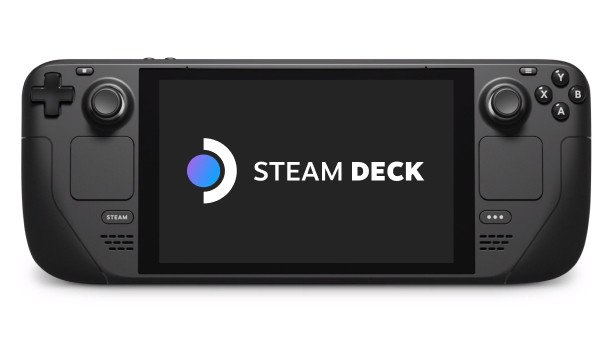Why you shouldn't install Windows on a Steam Deck
That's right, this writer for a Windows site says you shouldn't buy a Steam Deck and put Windows on it.
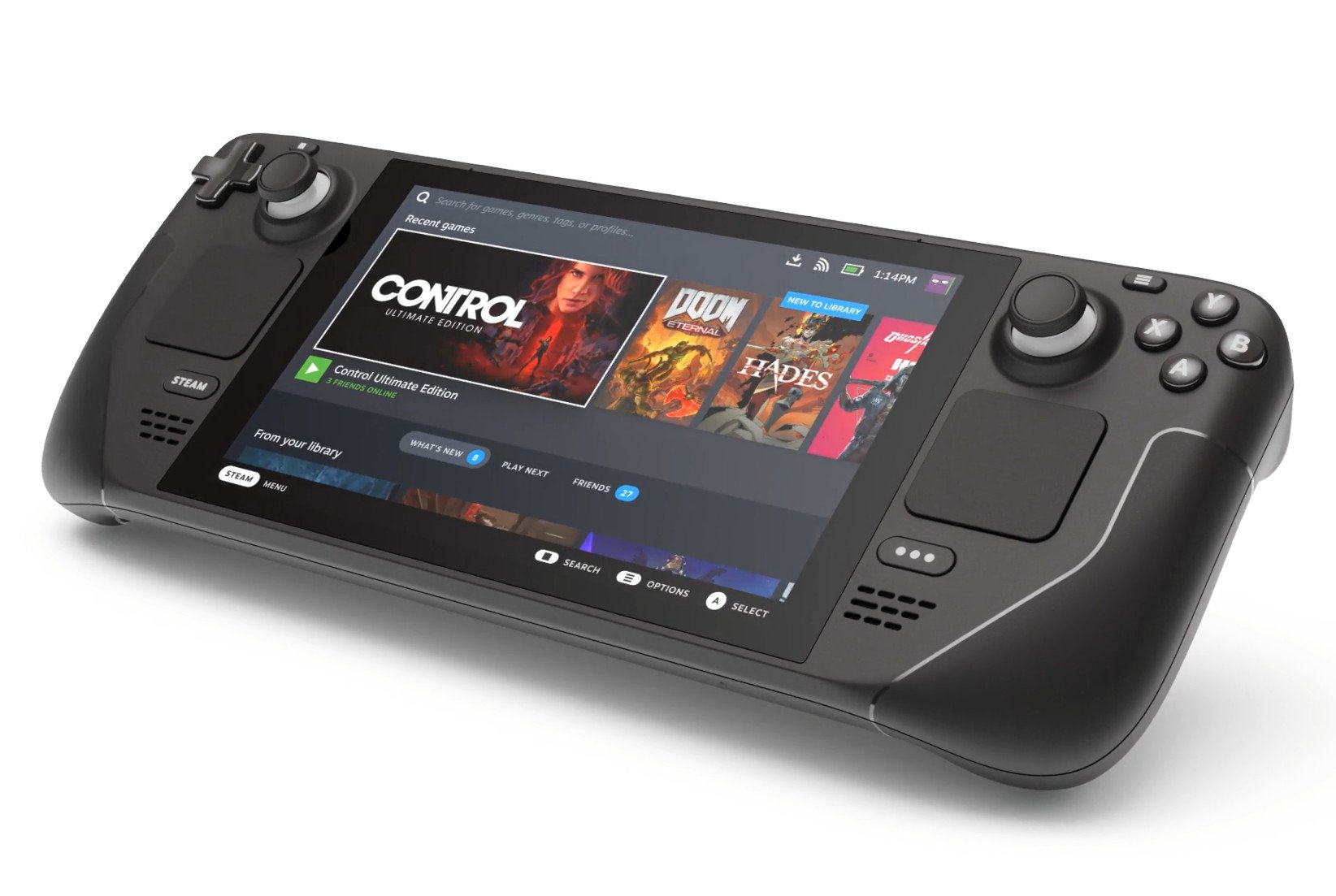
All the latest news, reviews, and guides for Windows and Xbox diehards.
You are now subscribed
Your newsletter sign-up was successful
No, you didn't read the headline wrong. Yes, I really am about to tell anyone who reads this that it would be foolish to buy a Steam Deck and install Windows 10 or even Windows 11 on it.
I can already feel the comments.
But it's true. Even though Valve says you can install Windows on a Steam Deck, it would be a pretty terrible idea and nobody should do it. Just because it is a PC doesn't mean you should completely forego the stock experience.
If Steam Deck was meant to run Windows, it would
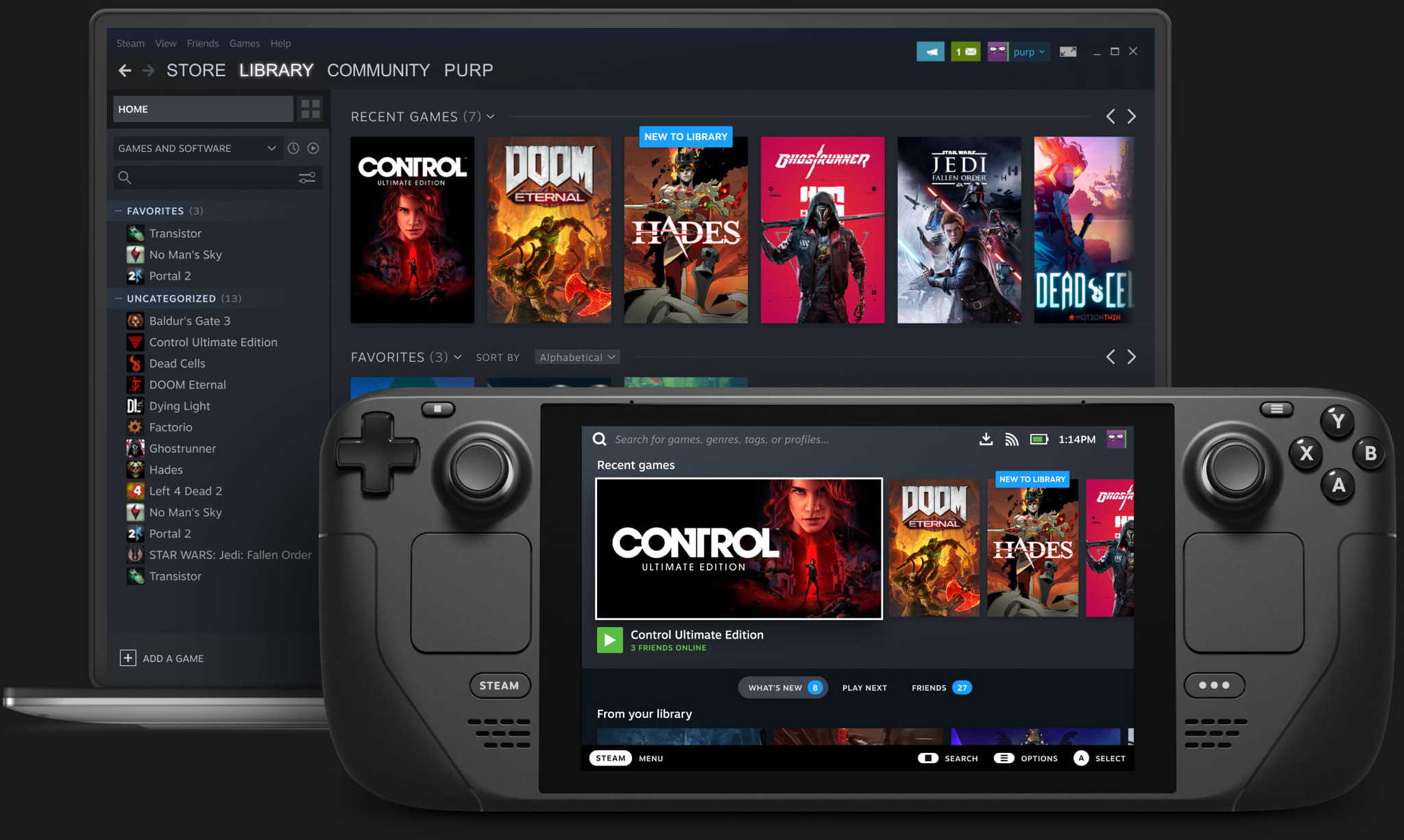
Regardless of your opinion of Valve or its head, Gabe Newell, or what you believe their combined masterplan to destroy Windows might be, there's a reason the Steam Deck doesn't run Windows. After all, aside from having to license the software and pass on the added cost to us, the buyers, slapping Windows on Steam Deck and calling it a day would be the easiest thing to do.
Certainly a lot easier than building your own custom Linux-based operating system and designing a controller-friendly user interface to go over it. And of course, with Windows, those pesky compatibility worries and broken anti-cheat software would just go away. It'd be easy! So why wouldn't it just come with Windows?
Have you ever tried to properly navigate Windows without a keyboard and mouse handy? Tablet Mode on Windows 10 is proof enough you need one. And let's not forget that while technically Steam Deck is a PC, its sole purpose as designed is to play games from your Steam library.
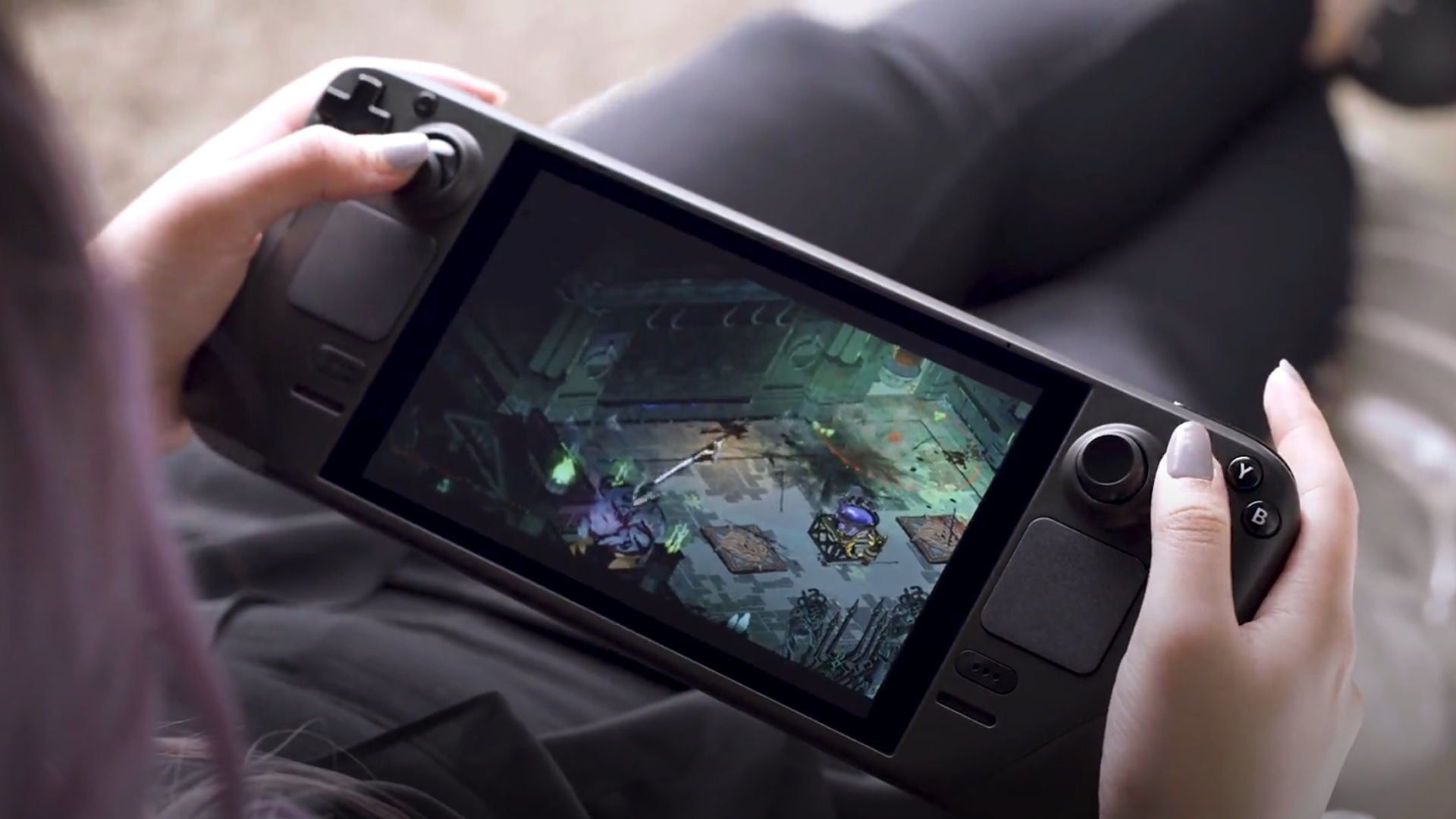
Valve is responsible only for making that experience as good as it can be, and the simple truth is that Windows doesn't offer the flexibility needed to turn Steam Deck into a proper games console. Having total control over the software experience gives Valve what it needs to make sure that using a Steam Deck doesn't suck.
All the latest news, reviews, and guides for Windows and Xbox diehards.
As a consumer product that's what matters the most. And for most people what it runs underneath doesn't mean a thing so long as their games work. And by all accounts Valve is still pushing as hard as it can to make Proton work with everything on Steam, including that pesky anti-cheat.
Then you consider support. Valve will be supporting SteamOS on the Steam Deck, continually making it better, and working in tandem with the hardware it had custom designed. You won't get support on Windows, and there's no guarantee what your experience would even be. Be honest, how many times has a Windows update broken something on your PC that you've been quite cross about? Is it really worth the effort and the potential trouble just because you "prefer Windows?"
No. No, it isn't.
There are already Windows-based gaming handhelds on sale
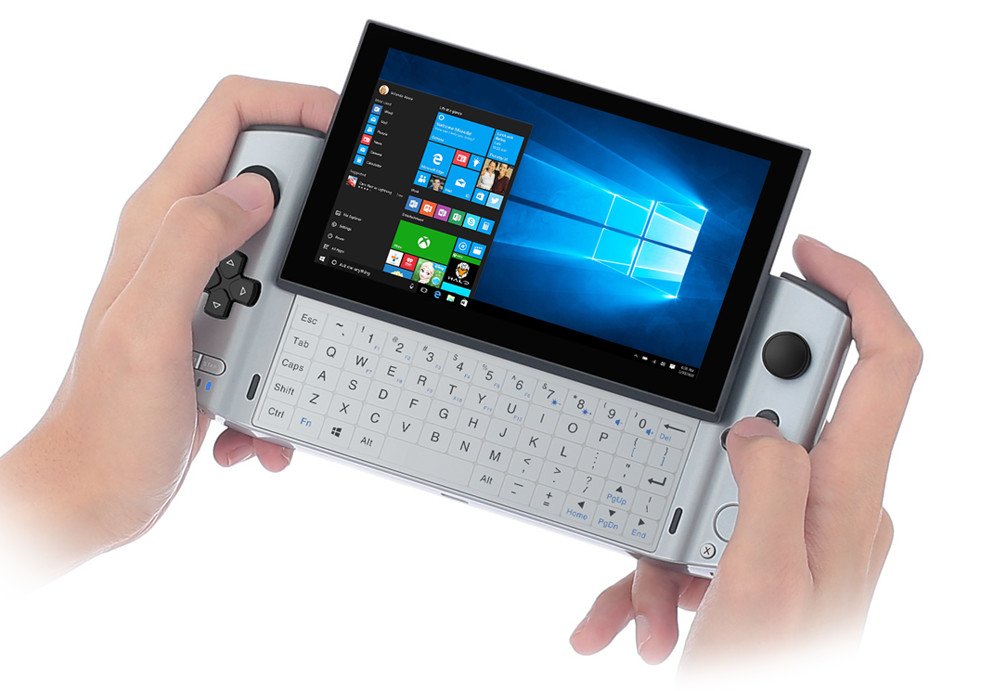
The other side of the coin is that you can already get a Windows 10-based handheld PC targeted at gaming. You can actually get a few. They're not new either, the idea has been around for years, going right back to the first GPD Win.
GPD alone has a couple of compelling products on its hands right now in the Win Max and the Win 3. The former is a more traditional laptop, just tiny, and with an integrated game controller. The GPD Win 3 is a stunning and quite mad sliding-affair where the display pops up to reveal a keyboard below. Both of these use Intel CPUs and integrated graphics, but you don't have to spend long on YouTube to see what you can do with that. Apex Legends at 60 FPS, anyone?
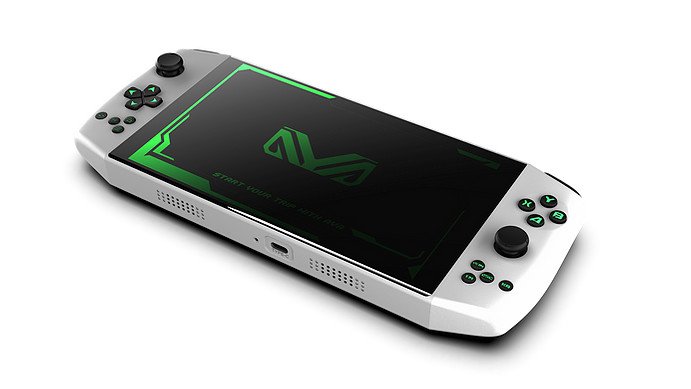
There are others out there, too, and on a hardware front, the Aya Neo is closer to the Steam Deck as it uses AMD for the CPU and graphics which makes it a potent little handheld. It doesn't bother with a keyboard, so personally, I'm not sure how much I'd enjoy navigating it, but it's a phenomenal thing and you can buy it right now.
These all run Windows out of the box with drivers and firmware and whatnot all optimized properly. What they also have in common is that they're quite a bit more expensive than the Steam Deck, or at least, the lower two spec Steam Decks. Part of that is probably the Windows license, but more likely since these are small companies they're not building at the scale Valve is shooting for, so getting the cost down is more difficult.
Nevertheless, if you want a gaming handheld that runs Windows, you're better off just buying one in the first place. Let Valve do its own thing with Steam Deck, and hopefully, it'll be tremendous.

Richard Devine is the Managing Editor at Windows Central with over a decade of experience. A former Project Manager and long-term tech addict, he joined Mobile Nations in 2011 and has been found in the past on Android Central as well as Windows Central. Currently, you'll find him steering the site's coverage of all manner of PC hardware and reviews. Find him on Mastodon at mstdn.social/@richdevine
